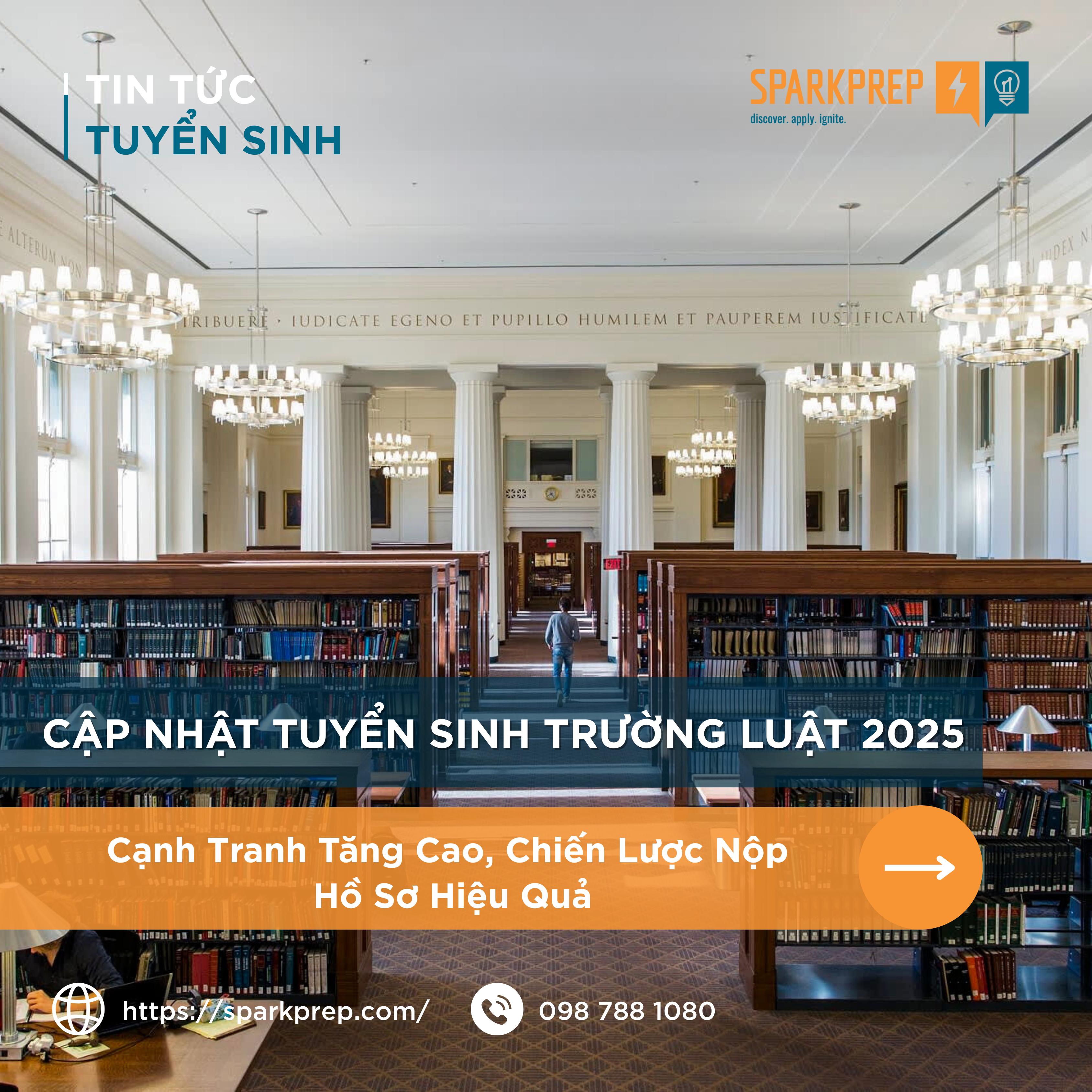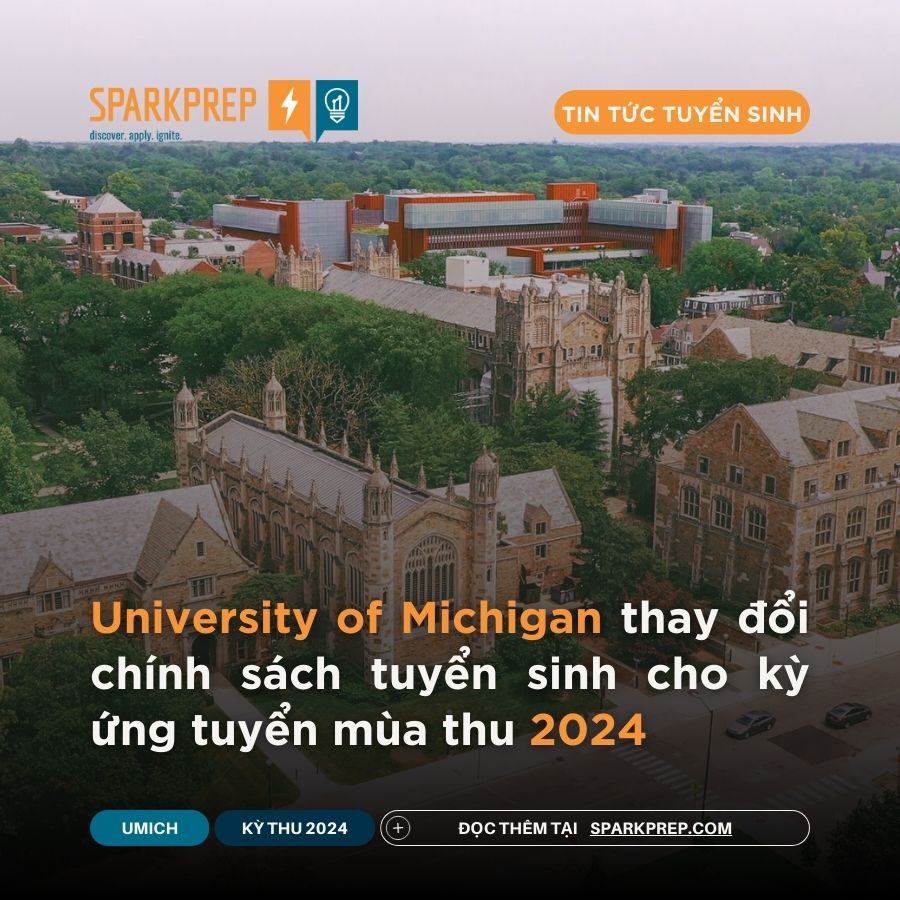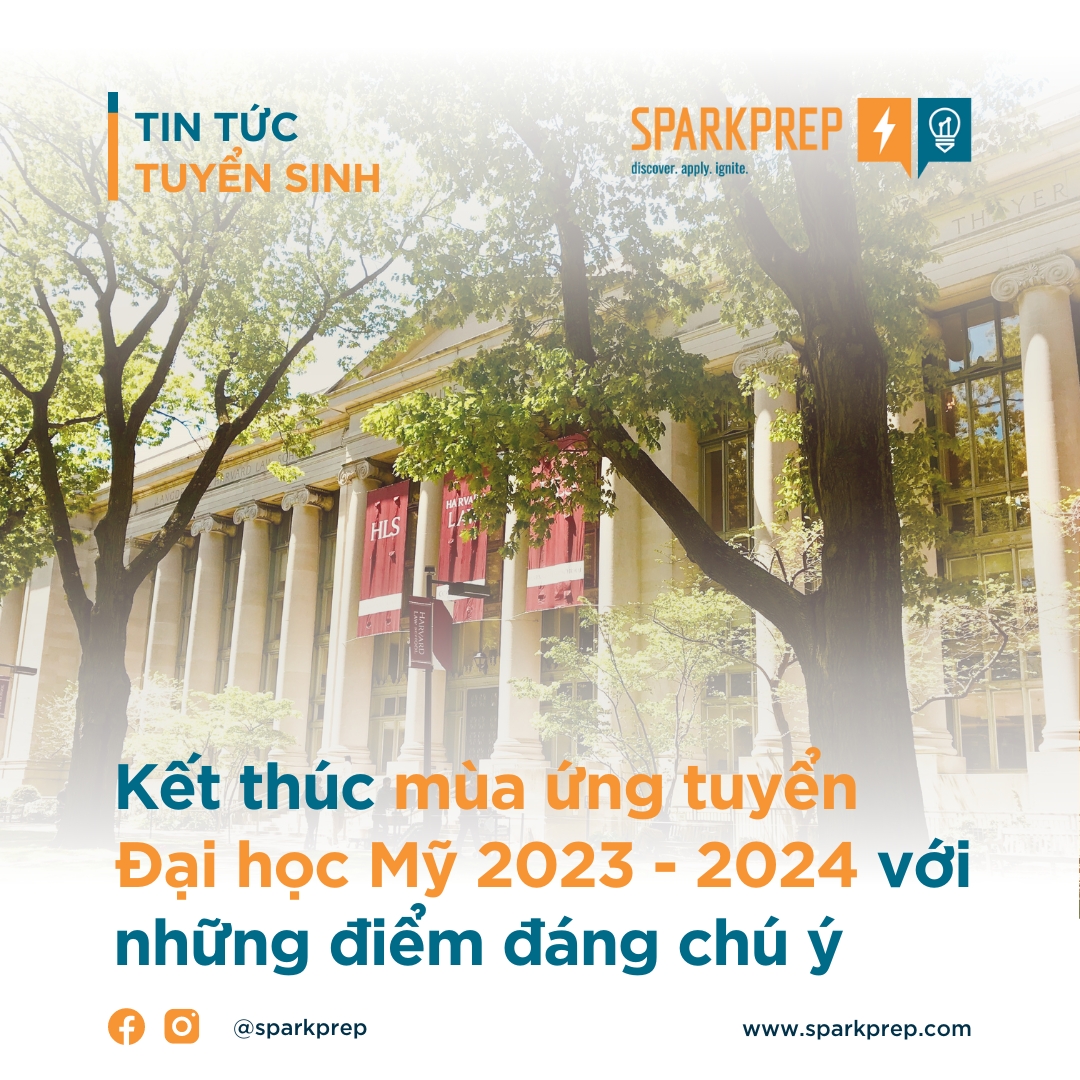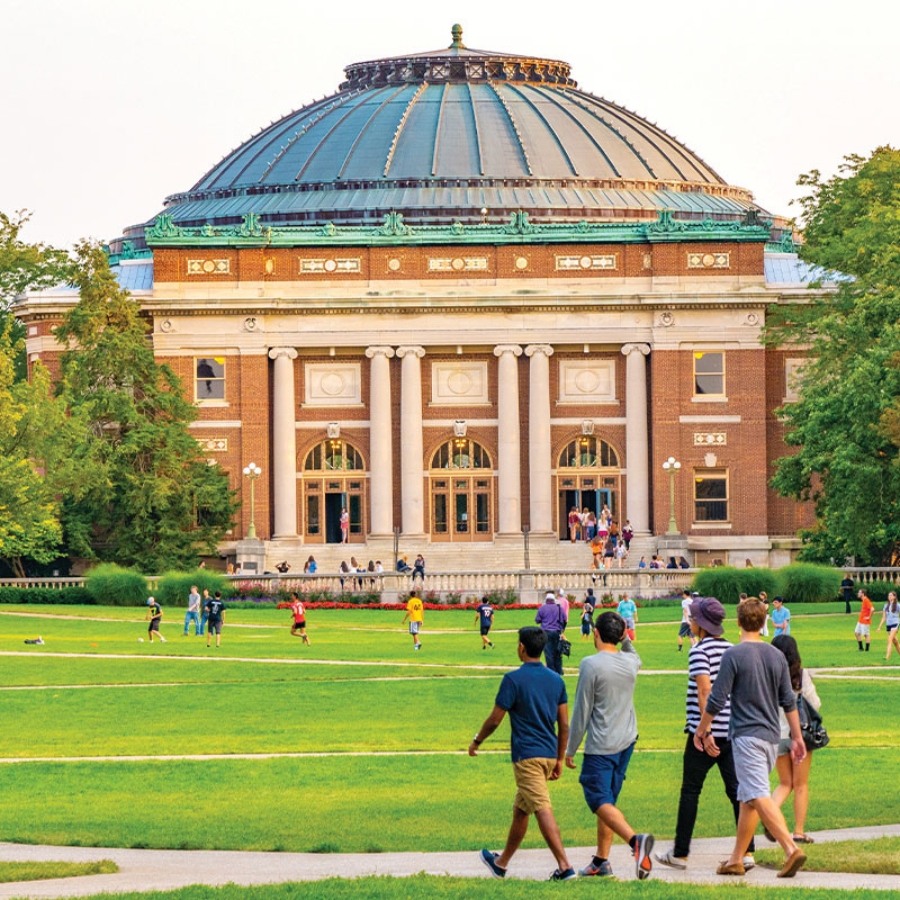The 2025 admissions cycle marks the return of standardized tests like the SAT and ACT at many Ivy League schools, including Brown, Dartmouth, Harvard, Yale, and Cornell. After a period of suspension due to COVID-19, these schools have reinstated the requirement to ensure fair academic evaluation, especially amid rising concerns over grade inflation in high school transcripts.
For students preparing their college applications, taking the SAT/ACT is no longer optional — it's now almost a necessity. A complete list of schools requiring SAT/ACT has been published by the College Board here: College Board – List of SAT Required Schools.
The reinstatement of testing requirements has discouraged some students from applying early, leading to a notable decline in early application numbers at top-tier schools.
For example, Yale received only 6,729 Early Action applications for the Class of 2029 — a 14% drop from the previous year (Yale Daily News). Brown admitted just 2,418 students out of 42,765 applicants — an acceptance rate of 5.65%.
While the acceptance rate remains low, fewer applications mean better odds for students who are well-prepared — with strong test scores and compelling essays. If you’ve already shortlisted your dream schools, Early Action or Early Decision rounds are worth serious consideration.
Following the U.S. Supreme Court’s 2023 decision to end affirmative action, Ivy League schools have shifted their diversity efforts toward socioeconomic and personal background factors.
At Brown University, for instance, 19% of Early Decision admits were first-generation college students, and 65% applied for financial aid (Brown News). Many universities, including MIT and Stanford, are also expanding recruitment in rural and underserved regions.
The key takeaway? You don’t need to move to a remote area to stand out — what matters is your impact within your own community, whether through social projects, extracurriculars, or your personal story in the college essay.
With fierce competition in Early rounds, many schools are increasing their use of deferrals — placing applications on hold for further consideration in the Regular round.
Yale deferred 20% of Early Action applicants, while MIT reported over 8,000 deferred applications. Deferral is not a rejection, but a second chance — if you use it wisely.
Students in this situation should submit a Letter of Continued Interest to highlight new achievements, reinforce their commitment to the school, and express why it remains their top choice.
The 2025 Early admissions cycle reflects major policy shifts — but also opens up new opportunities for students who are proactive and strategic.
Here’s what you should do:
Start SAT/ACT prep early
Consider Early Action/Decision if you're ready
Focus on the quality of your essays, not the quantity of activities
Draw meaningful insights from your personal experiences to craft a standout story
Applying to college — especially to Ivy League schools — has never been easy. But it’s also never without opportunity for those who truly know themselves and prepare strategically. With a clear plan, a strong application, and persistent effort, you can absolutely step through the gates of the most prestigious universities in the U.S.
 A Wave of Budget Cuts at Top U.S. Research Universities: What’s Going On?
A Wave of Budget Cuts at Top U.S. Research Universities: What’s Going On?
In recent weeks, many prestigious research universities across the United States have simultaneously announced large-scale budget-tightening measures. The reasons include reduced federal funding, a decline in international student enrollment, rising operational costs due to inflation, and stagnant state funding that hasn't kept pace with growing expenses.
Read more Law School Admissions Update 2025: A Surge in Competition
Law School Admissions Update 2025: A Surge in Competition
The 2025 admissions cycle has seen a significant spike in law school applications. According to the Law School Admission Council (LSAC), application volume has risen by approximately 21% compared to the previous year.
Read more Undergraduate admissions changes coming for fall 2025 at UMich
Undergraduate admissions changes coming for fall 2025 at UMich
In a move to simplify the admissions process, University of Michigan will adopt undergraduate admissions changes coming for fall 2025.
Read more Colleges Begin to Welcome the Class of 2028
Colleges Begin to Welcome the Class of 2028
Applications are up and acceptance rates are down after a chaotic year in college admissions.
Read more Employers Are More Likely To Hire 'New Ivies' Grads
Employers Are More Likely To Hire 'New Ivies' Grads
Using an exclusive survey of hiring managers, Forbes introduces the New Ivies that attract high-achievers and turn out hard-working, highly-regarded employees.
Read moreHanoi: 4th floor, 102-104 Lang Ha, Dong Da District
HCM: Toong Tan Hung, F16 Street No. 10 Him Lam Urban Area, Tan Hung Ward, District 7